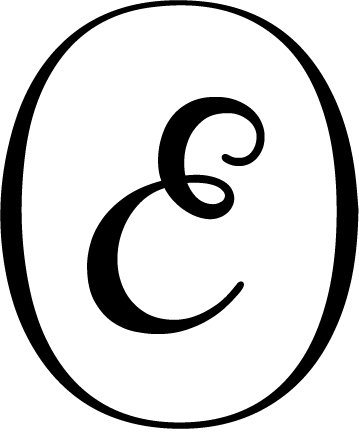BOOK OF WATER
Paperback
Extent: 72 pages
ISBN: 9781912475193
Price: $15 / $10 (ebook)
A gloriously dripping clutch of miniatures, like glimpses through keyholes into unknowable place-times where people pursue curious tasks and succumb to occult intensities.
—Sally O’Reilly
Short, fantastic choreographies of bodies, land, and water that embrace the constant motion of aqueous encounters as the sea levels rise, membranes become permeable, and everyday life adjusts to a fluid world.
—Tim Creswell
Despite their urgency, these mesmerising encounters between humans and other bodies of water have a deep stillness which lures the reader ever deeper into a surreal and mutable underworld.
—Nancy Campbell
The wonder of water is alive in these pages, not in raging storms or deep sea expeditions, but in a quotidian magical realism, where gardens become floatation tanks and paragraphs are wet words to swallow.
—Astrida Neimanis
An opera to life told through the myriad of small gestures made by humans and many others. This writing captures the beauty of aimlessness that leads to the making of an enchanting world.
—Ursula Biemann
Andreas Philippopoulos-Mihalopoulos’s Book of Water is a collection of short stories about desire, fear, life, care, and ecological anxiety, all narrated through the physical and metaphysical presence of water. This water is not the open, bucolic water of the romantic imagination. It is the claustrophobic water of the deep seabed, the flooded cities, the womb. It is a water that brings oblivion, serenity, and salvation.
At first impression, the stories are narrated by a multiplicity of voices preoccupied with everyday psychological situations. At some point, however, the quotidian withdraws and gives way to surreal and disorienting moments of ethical, political, psychoanalytical, ecological, and personal challenges. The book is a literary response to the current geological epoch of the Anthropocene, where the effect of the human presence on the planet and its various elements seems by now irreversible. The bodies in this collection are not limited to the human—nonhuman and inhuman alike centre in the stories. The protagonist, however, remains the body of water.
At first impression, the stories are narrated by a multiplicity of voices preoccupied with everyday psychological situations. At some point, however, the quotidian withdraws and gives way to surreal and disorienting moments of ethical, political, psychoanalytical, ecological, and personal challenges. The book is a literary response to the current geological epoch of the Anthropocene, where the effect of the human presence on the planet and its various elements seems by now irreversible. The bodies in this collection are not limited to the human—nonhuman and inhuman alike centre in the stories. The protagonist, however, remains the body of water.
